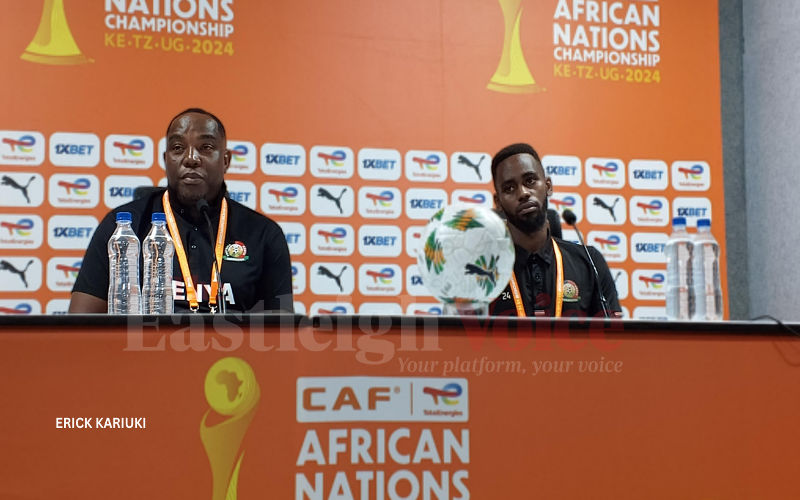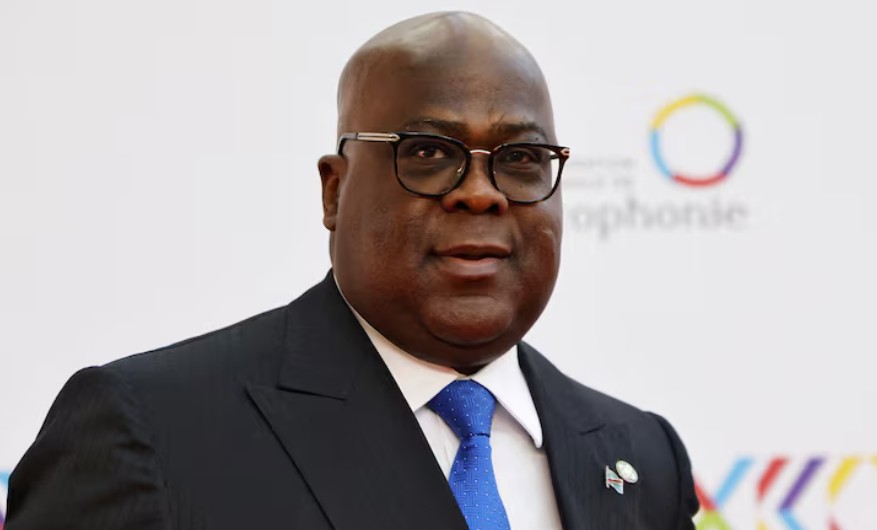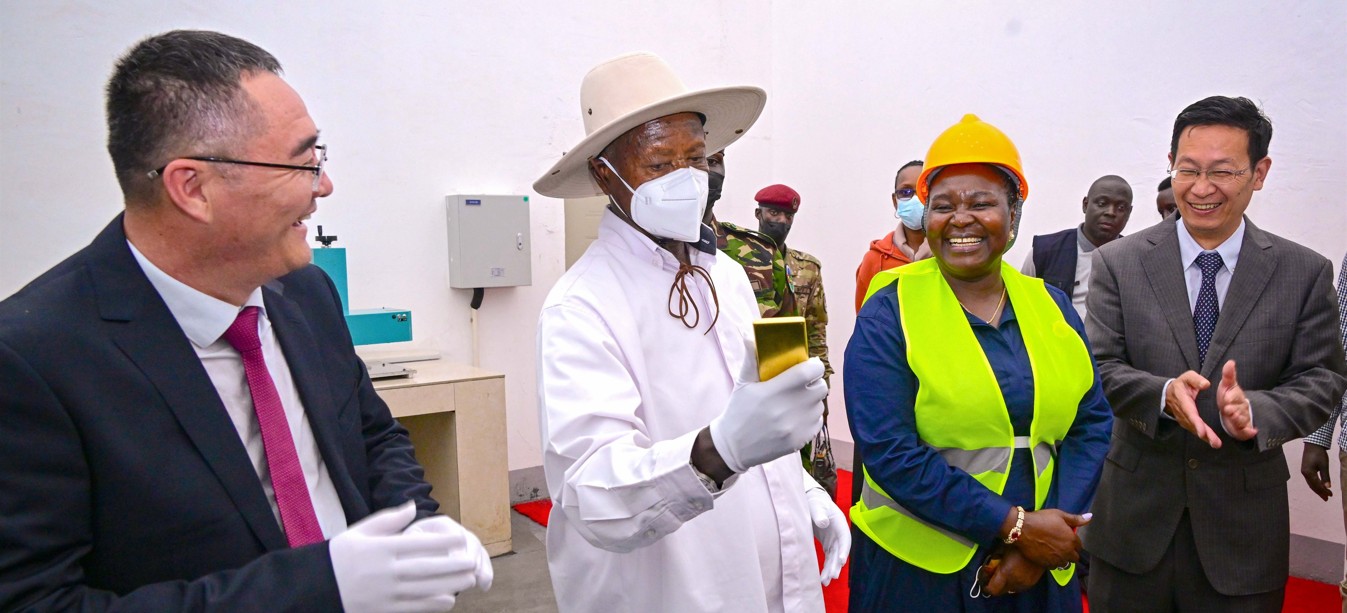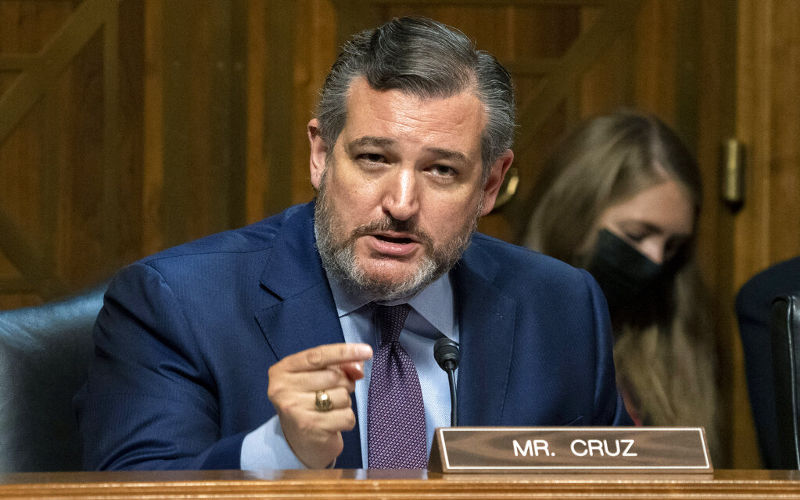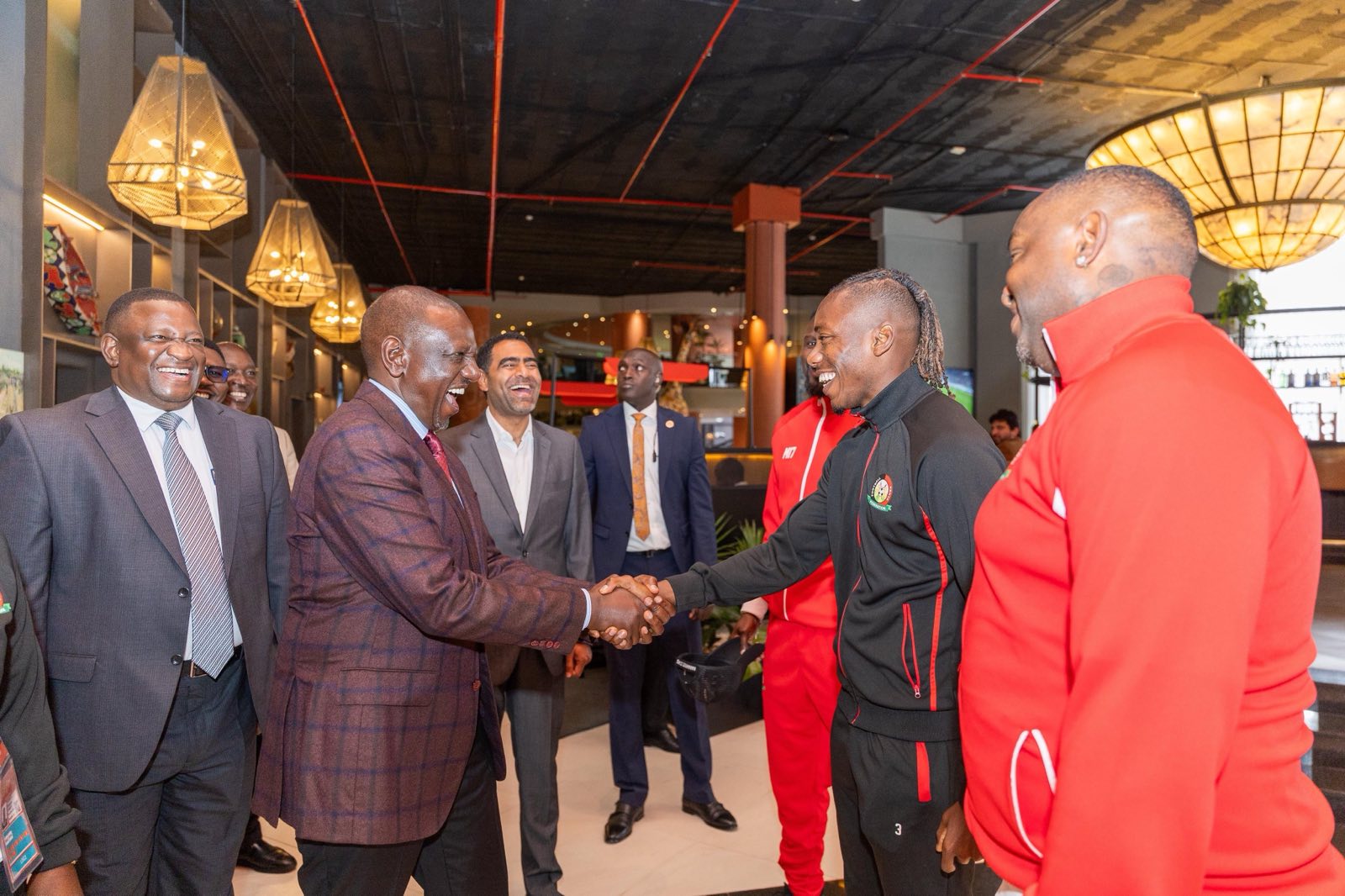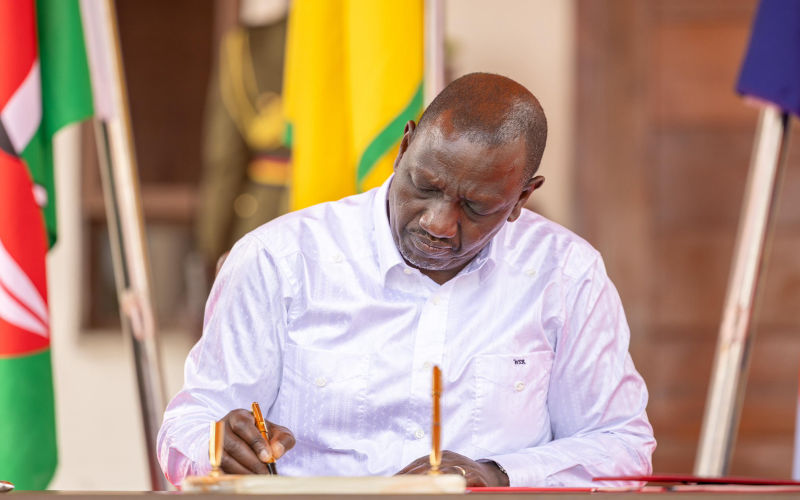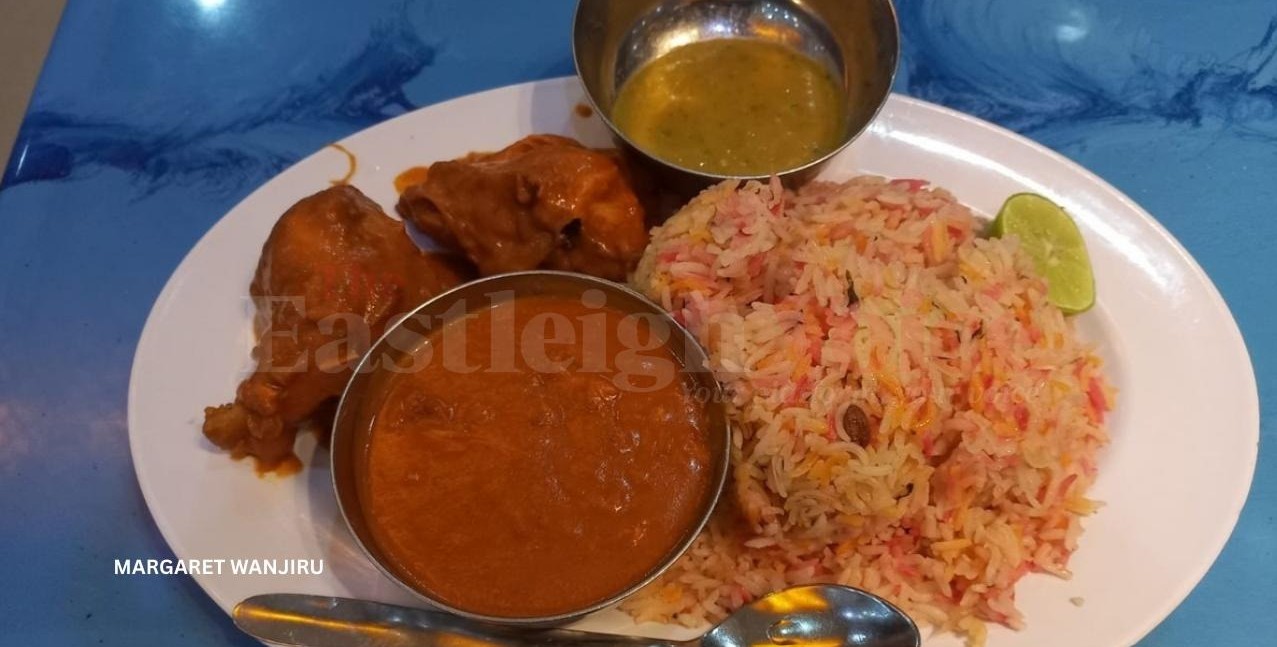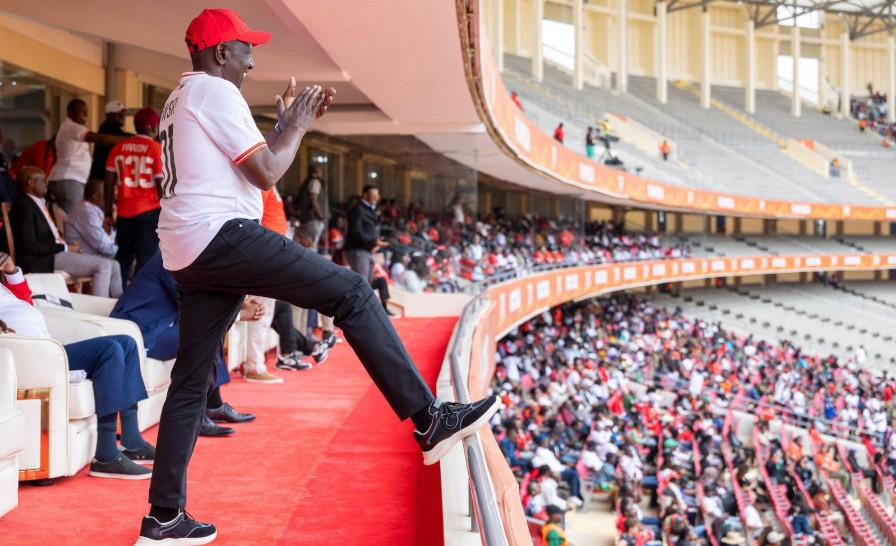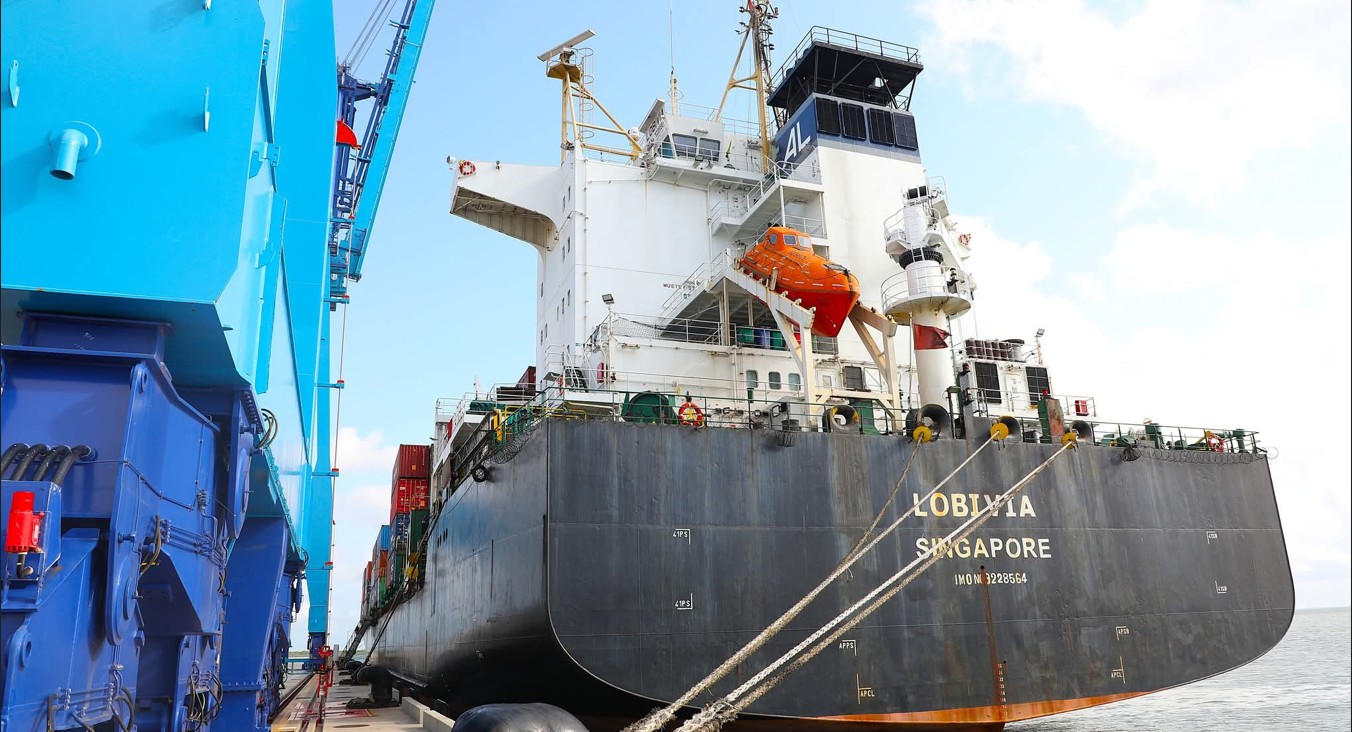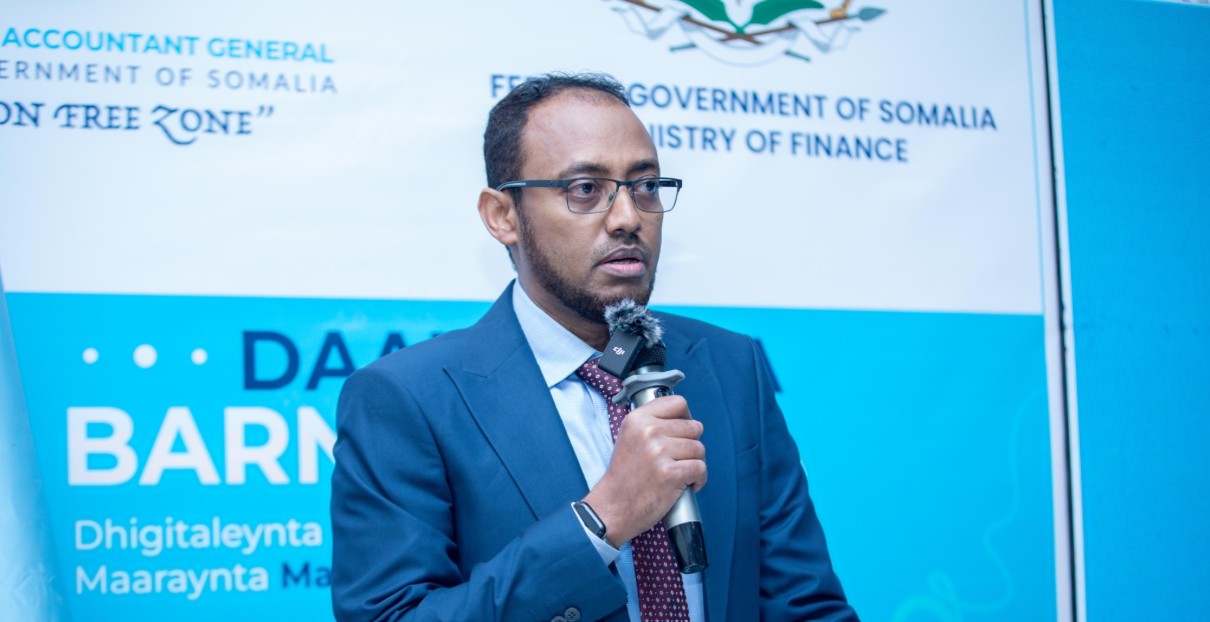IEBC faces tough questions from MPs over 2027 poll preparedness
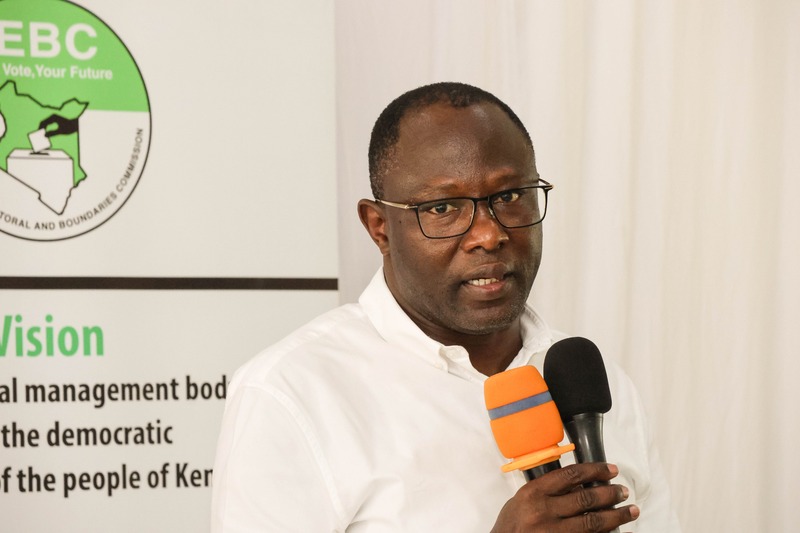
During their induction in Mombasa last month, IEBC acknowledged the delays. Chairperson Erastus Ethekon said the commission has sought an advisory opinion from the Supreme Court after consultations with the Attorney General and pledged to engage stakeholders once a ruling is delivered.
The Independent Electoral and Boundaries Commission (IEBC) is under scrutiny as Members of Parliament prepare to grill the electoral body on its readiness for the 2027 General Election.
The National Assembly’s Constitutional Implementation Oversight Committee (CIOC) is demanding at least six answers, including how the commission intends to handle delayed boundary reviews, set timelines for mass voter registration and comply with Supreme Court rulings on past election irregularities.
More To Read
- Speculation grows over Edwin Sifuna's growing ties with Kalonzo Musyoka
- Supreme Court strikes out petition seeking determination of general election date
- Parliament passes Bill imposing tougher penalties for electoral malpractice
- IEBC: Why commission settled on November 27 for by-elections
- UDA sets September 20 as nomination date for by-elections
- President Ruto blasts opponents over 'wantam' demand
The committee has scheduled a meeting with the newly appointed commissioners in the final week of this month to get clarity on these critical issues. Committee chairperson Caroli Omondi said the engagement is part of CIOC’s oversight mandate to review constitutional implementation and prevent last-minute lapses in election preparedness.
“We want IEBC to conduct credible elections, and this meeting is a step towards that. We would have met earlier, but a leadership retreat intervened. We have now set the last week of this month,” Omondi told Nation.
At the top of MPs’ concerns is the delayed boundary delimitation exercise, which by law should have been completed by March 2024.
During their induction in Mombasa last month, IEBC acknowledged the delays. Chairperson Erastus Ethekon said the commission has sought an advisory opinion from the Supreme Court after consultations with the Attorney General and pledged to engage stakeholders once a ruling is delivered.
Omondi warned that failure to complete the boundary review could expose IEBC to legal challenges over the validity of the 2027 election results.
MPs also want a clear timeline for mass voter registration and the clean-up of the voter register, both of which were suspended after the 2022 polls due to the lack of commissioners.
“This is a critical process that many young people are waiting for. The commission needs to give a definite date,” Omondi said.
At the Mombasa retreat, Ethekon announced that voter registration would resume on August 5, following growing pressure from youth and political leaders.
“A credible voter register is the foundation of free and fair elections,” he said.
The commissioners are also expected to explain how they plan to comply with the Supreme Court’s verdict that nullified the 2017 presidential election. The court cited failures in results transmission and irregularities in forms used to declare results, faulting IEBC for a process that fell short of constitutional standards and warning that future elections risked the same fate if systemic issues were not addressed.
“The election was nullified not because of numbers but because of the process. The courts have spoken clearly on what a verifiable election must look like,” Omondi said.
CIOC is also concerned about public perceptions that the new commissioners were politically favoured. During vetting in May, Parliament received three affidavits challenging the suitability of some nominees, including Ethekon, whose previous work under State House Deputy Chief of Staff Josephat Nanok, when the latter was Turkana governor, raised concerns.
Objections were also raised against Mary Karen Sorobit, a former Jubilee Party official, and Hassan Noor Hassan, who was shortlisted through an addendum rather than the official process.
Despite the petitions, Parliament approved all seven nominees, noting they met constitutional requirements on regional balance, gender, technical expertise, and electoral management experience.
Another key question is the commission’s budget. Earlier this year, Deputy Commission Secretary for Support Services Obadiah Keitany told MPs that IEBC requires Sh61.7 billion for the 2027 elections. Funding is planned over three financial years: Sh15.3 billion in 2025/26 for pre-election activities, Sh25.4 billion in 2026/27, and Sh21 billion in 2027/28.
The commission also projects registering 5.7 million new voters, mainly youth, and expanding polling stations from 46,229 in 2022 to 55,393. It plans to procure new Kenya Integrated Election Management System (KIEMS) kits worth Sh7 billion, replacing the 45,352 purchased in 2017. Only the 14,000 kits acquired in 2022 will be retained.
“The older kits have been used for 10 years. They can be repurposed for use in other government institutions. Technology has changed, and we must adapt,” Keitany said.
Top Stories Today

